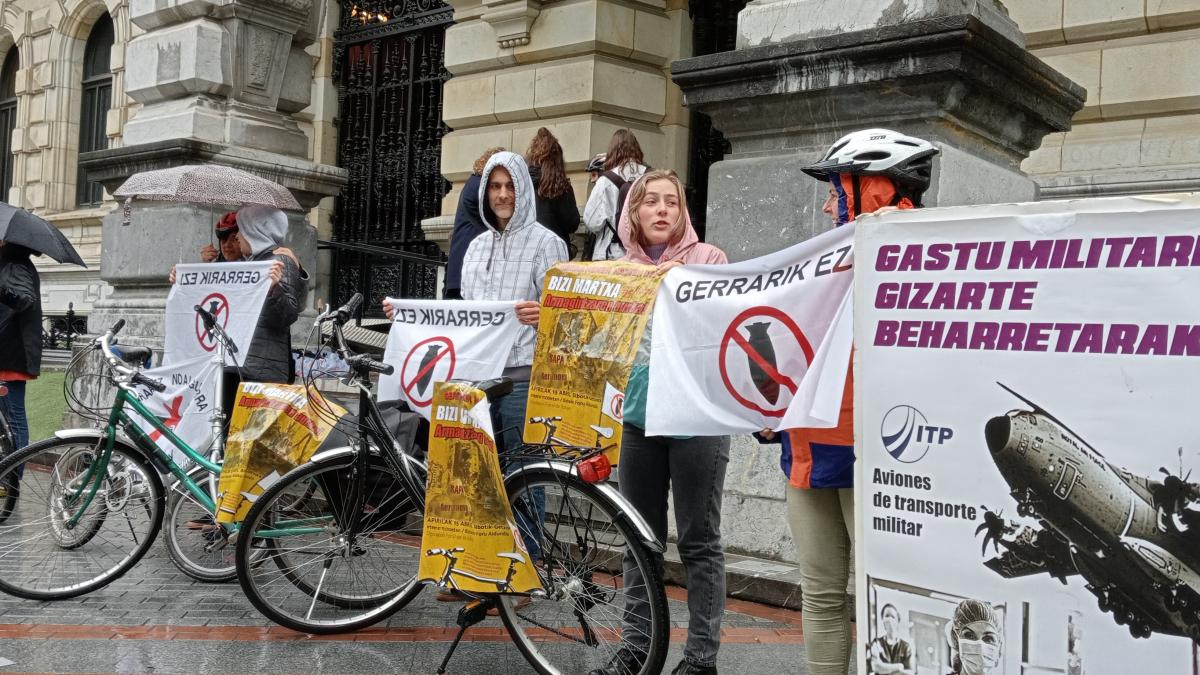"Greece, leaving the euro, leaving the crisis"

The elections on 6 May have shown that the majority are opposed to Greece’s ‘rescue’ arrangements and advocate staying within the eurozone. The country is divided into two policy areas, one around the right New Democracy and the other around Syriza, on the left. The first has attracted, for the time being, those who are best. The second has quickly become a mass party, bringing together workers, employees and the impoverished middle classes.
Although the two parties repeat that they want Athens to remain in the European Economic and Monetary Union, political instability unreservedly pushes the country out. Maleruski, this can be done in a chaotic way, for example, by a bank run scare, and we would see savers nervous trying to recover their deposits. Even in the case of a “chaotic” scenario, we all know – at least in international debates – the stages of such an exit.
Firstly, Greece is refusing the conditions of the rescue and suspending payments: it fails. The country is once again interfering in the leash, enabling it to cope with the crisis and transform its economy. It is part of the debt audit process, based on the work of a committee that will analyse the origin and social viability of the Greek debt. Then comes the reintroduction of the drakma, perhaps a weekend. Athens establishes control over the flow of capital. Currency exchange provokes a triple storm (probably) – monetary, banking and commercial – and it is appropriate to analyse each of these winds separately.
In monetary terms, events lead to the circulation of the drakma, the euro and other fiat currencies issued, perhaps, by the State, which modifies banking activity and causes judicial flooding. (...)
Banks do not have the liquidity of the European Central Bank (ECB) at hand and are fragile because Greece has failed in public debt. They are therefore nationalised and the government announces a deposit guarantee in the drachma. Similar measures protect companies with foreign debts. Finally, the Greek bank regains its ability to make its own currency.
The collapse of the exchange value of the new drakma heralds the commercial aspect of the crisis. In the short and medium term, this phenomenon promotes Greece’s competitiveness, enabling industry to participate more in the internal market and in exports. (...) In a very short time, however, some goods (oil, medicines, some foods) are reduced. (...)
This short-term blow is the price to be paid to get out of the trap of Economic and Monetary Union. (...)
The departure of Greece may speed up similar decisions in other countries of the euro zone – it would be a chain of reactions that would harm the institutions and ideology that promote a single currency. It cannot be said whether monetary institutions would be able to withstand such a blow, but Europe would enter a phase of confusion worth taking into account. The great collapse of the “strong currency” experiment can bring important political and social changes across the continent.
-----------
Le Monde Diplomatique (June 2012)
Transparent Beings
When: April 20th.
In which: In the Plaza of the Castle of Pamplona.
-----------------------------------------------
The concert is only half an hour away in the Plaza del Castillo de Pamplona; but it is still half empty, because it is raining. Whether... [+]

























